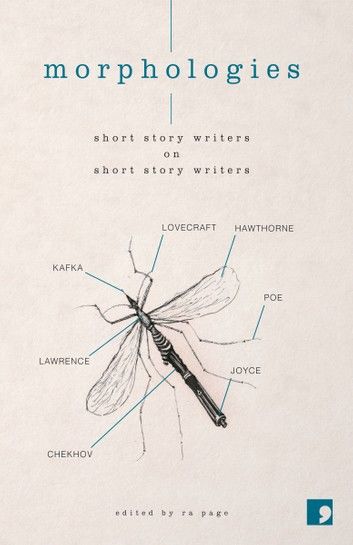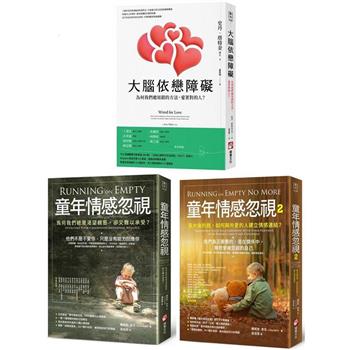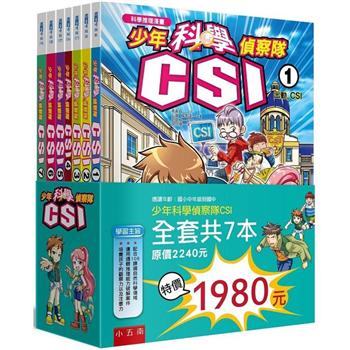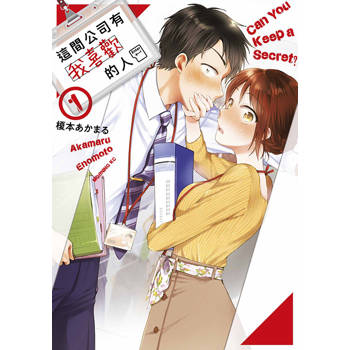| FindBook |
有 1 項符合
Morphologies的圖書 |
 |
Morphologies 作者:Ramsey Campbell,Frank Cottrell Boyce,Brian Aldiss,Stephen Baxter,Ali Smith,Jane Rogers,Sean O'Brien,Adam Roberts,Alison Macleod,Sara Maitland,Stuart Evers,Martin Edwards,Toby Litt 出版社:Comma Press 出版日期:2014-01-30 語言:英文 |
| 圖書館借閱 |
| 國家圖書館 | 全國圖書書目資訊網 | 國立公共資訊圖書館 | 電子書服務平台 | MetaCat 跨館整合查詢 |
| 臺北市立圖書館 | 新北市立圖書館 | 基隆市公共圖書館 | 桃園市立圖書館 | 新竹縣公共圖書館 |
| 苗栗縣立圖書館 | 臺中市立圖書館 | 彰化縣公共圖書館 | 南投縣文化局 | 雲林縣公共圖書館 |
| 嘉義縣圖書館 | 臺南市立圖書館 | 高雄市立圖書館 | 屏東縣公共圖書館 | 宜蘭縣公共圖書館 |
| 花蓮縣文化局 | 臺東縣文化處 |
|
|
SARA MAITLAND on NATHANIEL HAWTHORNE
SEAN O'BRIEN on EDGAR ALLAN POE
JANE ROGERS on FYODOR DOSTOYEYSKY
BRIAN ALDISS on THOMAS HARDY
MARTIN EDWARDS on ARTHUR CONAN DOYLE
FRANK COTTRELL BOYCE on ANTON CHEKHOV
ADAM ROBERTS on RUDYARD KIPLING
STEPHEN BAXTER on H.G. WELLS
STUART EVERS on SHERWOOD ANDERSON
ALI SMITH on JAMES JOYCE
TOBY LITT on FRANZ KAFKA
DAVID CONSTANTINE on D.H. LAWRENCE
ALISON MACLEOD on KATHERINE MANSFIELD
RAMSEY CAMPBELL on H.P. LOVECRAFT
SIMON VAN BOOY on F. SCOTT FITZGERALD
What makes for a good short story?
Being short, you might think the story's structure would yield an answer to this question more readily than, say, the novel. But for as long as the short story has been around, arguments have raged as to what it should and shouldn't be made up of, what it should and shouldn't do. Here ,15 leading contemporary practitioners offer structural appreciations of past masters of the form as well as their own perspectives on what the short story does so well.
The best short stories don't have closure, argues one contributor, 'because life doesn't have closure'; 'plot must be written with the denouement constantly in view,' quotes another. Covering a century of writing that arguably saw all the major short forms emerge, from Hawthorne's 'Twice Told Tales' to Kafka's modernist nightmares, these essays offer new and unique inroads into classic texts, both for the literature student and aspiring writer.
|











